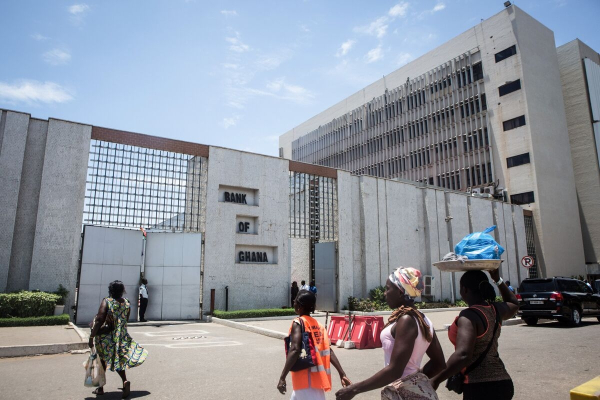Clear regulatory frameworks can foster innovation in the fintech sector, attracting investment and encouraging the development of new technologies and business models that can drive economic growth on the continent.
The Bank of Ghana (BOG) issued on August 16 a draft of guidelines designed to regulate digital assets. This move comes in response to the growing prominence of digital assets in the country. The Bank is currently seeking public input on the proposed measures and welcomes recommendations by August 31, 2024.
The draft guidelines are designed to outline the BOG’s proposed regulatory measures and invite feedback from industry stakeholders and the general public. The regulatory framework is expected to address the operations of exchanges and platforms involved in buying, selling, trading, and holding digital assets. It will also delineate which asset types are covered and regulate interactions between financial institutions and Virtual Asset Service Providers (VASPs).
The BOG plans to work with other regulatory bodies, such as the Securities and Exchange Commission (SEC), to develop complementary frameworks that align with their respective regulatory roles. Once the framework is finalized, VASPs operating in Ghana will need to seek authorization from either the BOG or the SEC, depending on their services. Those failing to register within the designated timeframe will be deemed to be operating illegally.
The BOG has acknowledged ongoing challenges in the sector, including regulatory and legal uncertainties, cybersecurity risks, market manipulation, and consumer protection issues.
According to a 2023 report by Chainalysis, Ghana ranks among the top - 29 out of 154- countries globally in terms of cryptocurrency adoption. This indicates a high level of interest and use of digital assets in the country. The Bank’s action reflects a proactive response to the growing interest and use of cryptocurrencies, aiming to address potential risks and opportunities associated with their widespread adoption.
Hikmatu Bilali



















